From December 6-10, 2021, the Harvard China Health Partnership (HCHP) hosted nearly 40 senior national and provincial-level government policymakers from China’s National Healthcare Security Administration (NHSA) for the “Third Annual Flagship Training on Effective and Sustainable Health Care Financing” in Qingdao, Shandong. On-site attendees were joined online by almost 150 other NHSA officials from across the country, including more than 30 high-ranking officials who participated in special viewing organized at NHSA’s central headquarters in Beijing. The annual training, designed by Dr. Winnie Yip, is an extension of HCHP’s long-standing efforts to encourage policymakers to consider new approaches to health system reform efforts, introduce global experience as an invaluable source of ideas, and facilitate dialogue between officials from different parts of the country.

Photo: A special showing was organized for high-ranking officials at NHSA headquarters in Beijing
As the national insurer that manages China’s social health insurance (SHI) programs covering 96% of the population, NHSA determines the service packages covered by SHI and designs provider payment mechanisms that incentivize provision of quality care while controlling costs. This year’s program brought together leading domestic experts and international experts from North America, Europe, and Asia to discuss successes and challenges faced internationally in building equitable and sustainable social health insurance programs. Course sessions provided an overview of the policy goals of China’s health system reform; global budget, DRGs, and other provider payment mechanisms; pricing and payment for internet health; the role of information technology in monitoring provider behavior; and other topics currently under discussion within China’s policy circles. With China’s rapidly ageing population driving changes in health needs, the training also examined ways to leverage provider payment and strategic purchasing to move China’s health care delivery system from its current treatment-based approach to a more holistic population-based approach.


Photo: Participants gather at the main training site in Qingdao, Shandong
The course also incorporated field visits to the affiliated hospital of Qingdao University and Zhongkanghe Nursing Care Home to delve deeper into how health care providers function and help participants better understand the ways in which existing solutions may or may not sufficiently meet the health care needs of the country’s older adult population.
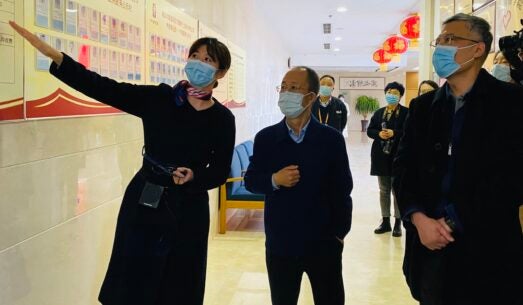
Photo: A representative from Zhongkanghe–a non-profit nursing care provider for older adults–shares information on services and fees.
On the final day, attendees analyzed existing gaps in equity and sustainability in China’s health system and applied the tools introduced throughout the program to propose potential policy changes and improvements to address these gaps. HCHP faculty and partners evaluated viability of solutions by highlighting the experience of other countries and factoring in China’s unique institutional characteristics.
Speakers
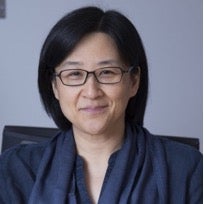
Winnie (Chi-Man) Yip |
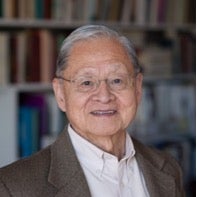
William (Bill) Hsiao |

Wen CHEN |
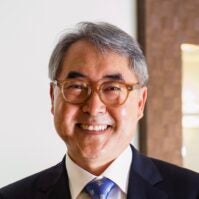
Bong-min Yang |

Reinhard Busse |

Ming WU |
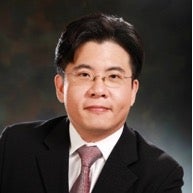
Raymond Kuo |
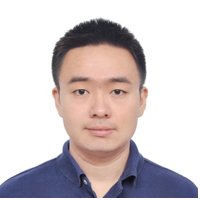
Hongqiao FU |

Yazhen YING |

